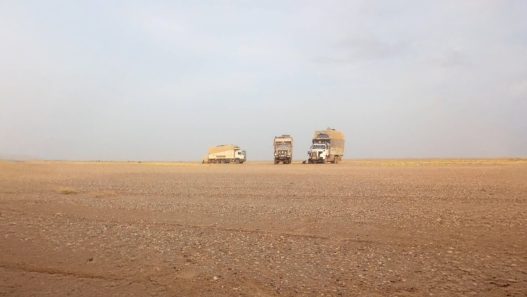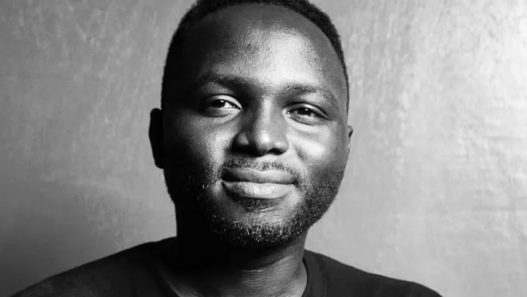Resultra is a living archive where diverse voices engage in ongoing dialogue. To guide and maintain the quality of this exchange, we have published the following manifesto that outlines the principles behind our work.
- Start from the personal, with an eye for the systemic
Publications should start from individual experience or voice, but always connect to broader social, political, or cultural contexts. The personal story serves as a gateway to structural insights. - Find the space between disciplines
Articles may be at the intersection of art, science, journalism and activism. Experimental forms (essays, visual storytelling, poetic reports, audio works) are encouraged, as long as they are coherent and well thought out. - Slow down to deepen
Publications should not strive for speed, but for depth and reflection. The “slow journalism” approach means space for nuance, research, context and sensory perception. - Publish in solidarity – as part of a network
Each publication should be placed within the broader Voice4Thought network. Refer to other works, build on previous stories, invite dialogue. The website is not a showcase, but a living archive of connected voices. - Plurality in form and content
The website should be a diverse and balanced reflection of the themes that Voice4Thought addresses. Plurality is expressed in a wide variety of publication forms and content perspectives. - Strive for plurality, not objectivity
We do not strive for apparent objectivity, but for transparency about perspective. State where you are coming from and, where possible, involve multiple voices – including through co-creation. - Respect form and content – they are one
Artistic presentation is not a side issue. Form and content reinforce each other. Publications must be well-designed, creative and thoughtful, both textually and visually. - Work with care and respect for your subject
Check your facts thoroughly, cite your sources where necessary, and avoid stereotyping or exoticising other ways of life. Always consider the safety and dignity of your sources and interviewees. - Investigate power and make the invisible visible
Go beyond the headline, look for the story behind the story. Highlight structures that often go unmentioned – economic, colonial, gender-related, ecological, digital. Think in terms of connections. - Encourage emancipation through creation
Publications should showcase the creative abilities of the creator(s) and inspire others. They should aim to stimulate awareness, self-expression and change – not cynicism or sensationalism. - Sensory, rhythmic and sensitively written
The style may be poetic, vivid and associative – as long as it helps the reader or listener to feel and understand more deeply. Use rhythm, metaphors and details that resonate, rather than dry description or opinion. - Our platform is an international stage for unheard voices
Resultra is a place where unheard voices are given a platform. - The manifesto is a guideline, not a straitjacket
The manifesto is a guideline, not a straitjacket. The values of the guidelines are weighed on a case-by-case basis. Expertise and experience, but also urgency or narrative quality, may therefore vary from production to production.







